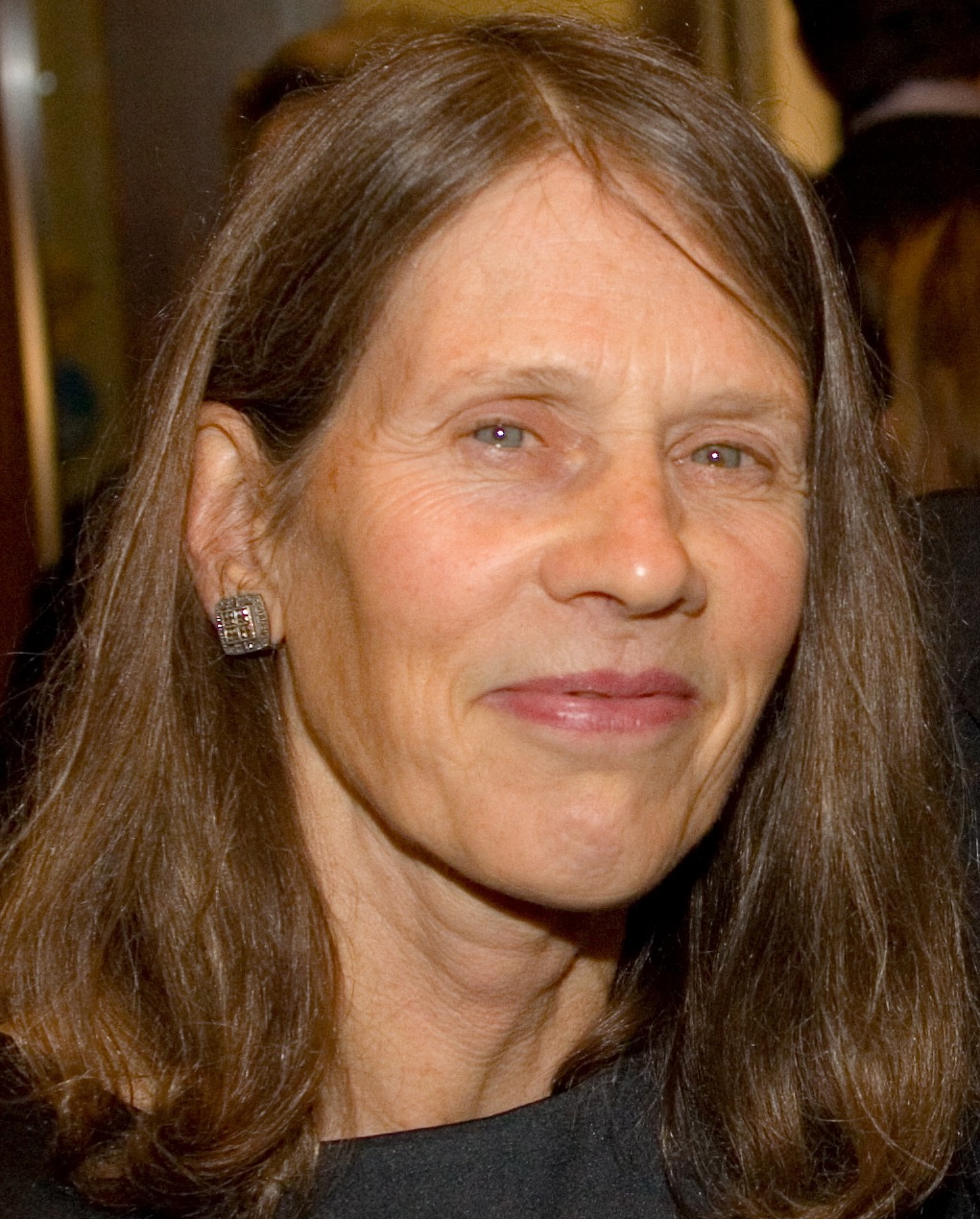Creativity and the Imagination transport us to fictional worlds, broaden our understanding of differences among people, expand our knowledge of the worlds around us, and give us insight into our inner lives.

Poet, writer, and educator, Sandra Squire Fluck is known for her love of books. She was born into a military family and traveled whenever and wherever her father was transferred. During these travels after sunset, she was also known to finish the novels she was reading with a flashlight in hand. She has written poetry, stories, plays, and essays since she was young, but during her college years poetry seemed to come unbidden and has become a lifelong calling.
Sandra has a B.A. and M.A. in English literature from U.C.L.A., and an M.A. in Religious Studies from the Lancaster Theological Seminary. She has taught college-level courses in literature, creative writing, composition, and technical writing in Southern California and Pennsylvania. Her most recent poetry chapbooks are available online. She is also the author of Experiential English and Language Play. Sandra is the founder and co-owner of The Write Launch, an online literary magazine, and bookscover2cover, a book review site.
One fact about my childhood is this: My sisters and I traveled a lot. Our father was a Chief Petty Officer in the Navy, and when he received his transfer orders, we moved. I was six years old in 1950 when we made a long-distance trip I will always remember, a trip that inspired me in ways I could not have articulated at such a young age. The inspiration was alive in me, and I knew intuitively it had something to do with books, like a motif that would be woven throughout my life. Of course, I could not identify why I felt this way, only that the lasting effects of this trip manifested in memories of the desert, the howls of the coyotes at night, and the books I read via flashlight when my sisters and mother had fallen asleep and my father was at the wheel of our 1940 Oldsmobile.
I do not remember if my family made more than one trip from the East Coast to the West Coast—there could have been others—but this 2,800-mile journey stands out. Even as I write about it now, I feel the motion of the Oldsmobile, sense the heat of the desert, and watch the Milky Way as it lights up the heavens. During this trip, and others our family took, we children did not get bored. We were a classroom on wheels. My father drilled us on the arithmetic tables, the names of states and their capitals, and important historical dates and events. We learned firsthand how spatially immense this country is and how diverse geographically, as we drove across the Plains, walked the Grand Canyon (I’d like to say hiked, but I don’t think we did that), and took photos standing beside Saguaro cactuses in the Sonoran Desert. We bought our food supplies in grocery stores or at stands along the way and had our lunches and dinners in parks and on the side of the road. As I remember it, we never once ate in a restaurant or stayed overnight in a motel.
When we arrived at our destination, Navy housing greeted us—a Quonset hut, an apartment, a duplex—for a stay of two years, one year, four months, three weeks, or a couple of days. When we returned to the States from Hawaii (before it was admitted to the Union in 1959), our housing wasn’t available, so we camped out in Yosemite National Park for two weeks, and inside our tent (or car) we watched very tall bears gather food we left on picnic tables. When I was eleven years old, my father was transferred to Coronado Naval Air Station, San Diego, and my parents bought our first home. I didn’t realize stability meant something other than packing up, moving, and leaving friends. By the time I was twelve, I had attended sixteen different schools.
I look back on our trip in 1950 as my introduction to this country with nostalgia, but now I understand I was a child of the military whose young life was conditional on where our father was relocated. My enrollment in a school sometimes lasted for a day, a week, or a month, stints that were, perhaps, the exception. Still, it couldn’t have been easy making friends when I didn’t know how long I could be a friend. I thought my life was normal, that other families moved as much as we did. It didn’t seem to matter: This is what military families do. I didn’t realize then how chaotic it must have been for an introverted child—such as myself.
I have come to understand that our mother was our enlightened guide in this chaos. She was the one who, under these difficult circumstances, gave us girls the best education she could, even as our classroom experiences were transient. She specialized in understanding each of us, and I will be eternally grateful that she saw how much I craved books. Books helped me escape the unpredictability of my life, even when, for example, I enrolled in a school for a day with as little as six hours of instruction. As long as I had books, even this experience didn’t seem to be out of the ordinary. I couldn’t have known then there would be surprises up ahead, like poetry and stories, plays and essays yet to write.